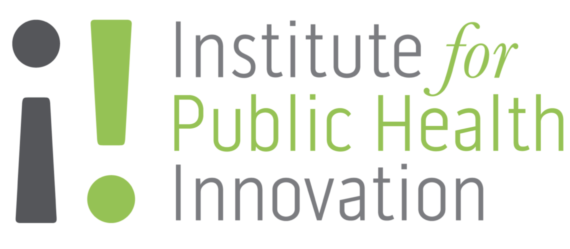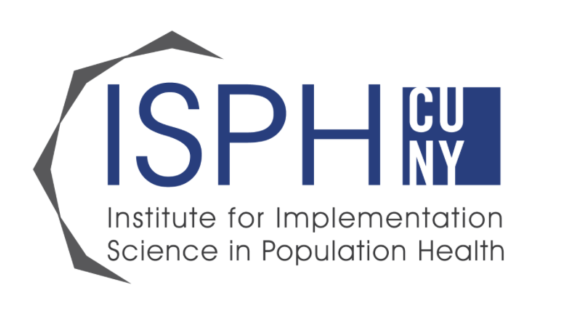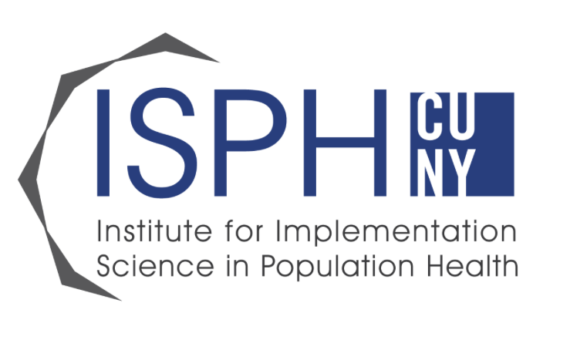Senior Evaluation Manager, Institute for Public Health Innovation
Category : Alumni
IPHI is currently recruiting for a Senior Evaluation Manager (SEM) to support information-based decision making, measure and improve organizational and program performance, and foster evaluation business opportunities. The ideal candidate will be experienced in non-profit program evaluation, entrepreneurial, and energized by the opportunity to build the evaluation systems and capacities of a growing regional non- profit public health organization.
The Senior Evaluation Manager (SEM) will coordinate and support public health program evaluation and monitoring activities, including evaluation planning and design, collaboration with key stakeholders, data collection and analysis, data synthesis, and report writing and presentation with a commitment to equity, utilization-focused and community participatory evaluation strategies. This requires collaborating with team members and external partners on a wide range of diverse public health projects, from direct services to broad community-level policy and systems change initiatives. The Senior Evaluation Manager (SEM) will also lead evaluation training and capacity- building efforts across the organization and with project partners. The Senior Evaluation Manager (SEM) will play a key role in supporting overall organizational performance, such as through monitoring performance associated with IPHI’s strategic plan and conducting staff and business client surveys. Finally, the Senior Evaluation Manager (SEM) will assist in cultivating business opportunities by identifying and securing evaluation service contracts and contributing to evaluation design elements of grant proposals.
In addition, the Senior Evaluation Manager (SEM) will carry out a broad spectrum of evaluation work designed to help build IPHI’s capacity to improve and communicate the effectiveness of public health programs.
Primary Responsibilities: – Coordinate or advise monitoring and evaluation activities associated with IPHI programs, in close collaboration with team members, contractors, and partners. Lead and support the design, planning, logistics, and implementation of evaluation activities, including support of strategic plan metrics and monitoring. – Lead a broad range of survey development and implementation to support organizational and program development. – Guide the development and implementation of organizational and program quality improvement processes. – Support and lead organizational and community capacity building efforts, including trainings and workshops on topics relevant to monitoring, evaluation and learning. – Support the development and implementation of a variety of monitoring, evaluation, and learning processes and outputs related to data infrastructure systems, survey-building, evaluation plans, data visualization and organizational learning. – Work with other team members to translate evaluation and monitoring findings into organizational and program improvement. – Analyze quantitative and qualitative data, interpret statistics and draft findings, including data visualization. – Clearly communicate the results of analytical work to non-technical audiences in both written and oral communication. – Write summaries, case studies, evaluation reports, literature reviews, abstracts, and other content. – Assume a lead role in writing evaluation sections of grant reports and proposals. Contribute to the development of research and evaluation business opportunities.
| Applications should be submitted through IPHI’s on-line application system (Lever), accessible through IPHI’s website (https://www.institutephi.org) or various job advertisement boards. Please submit a resumé and cover letter to complete your application for consideration. Your cover letter can be submitted under “Additional Information” as text or uploaded as one file together with your resumé. Please note only one file can be uploaded to apply, so the cover letter and resumé must be combined into a single PDF unless the cover letter is included in the Additional Information section. Please apply by April 17, 2023.
|










Recent Comments